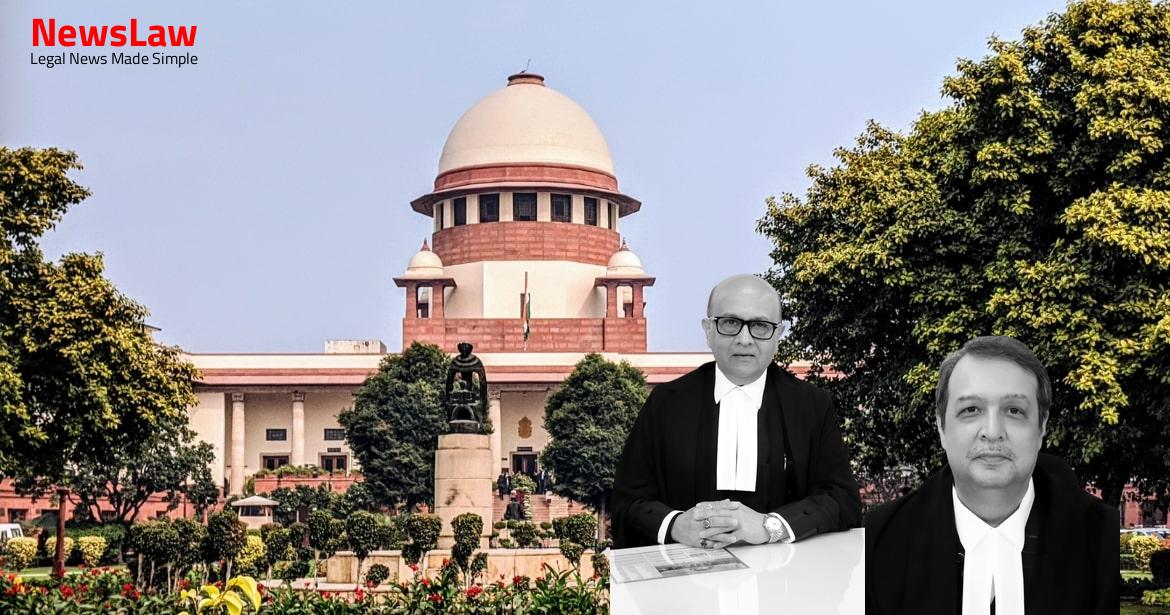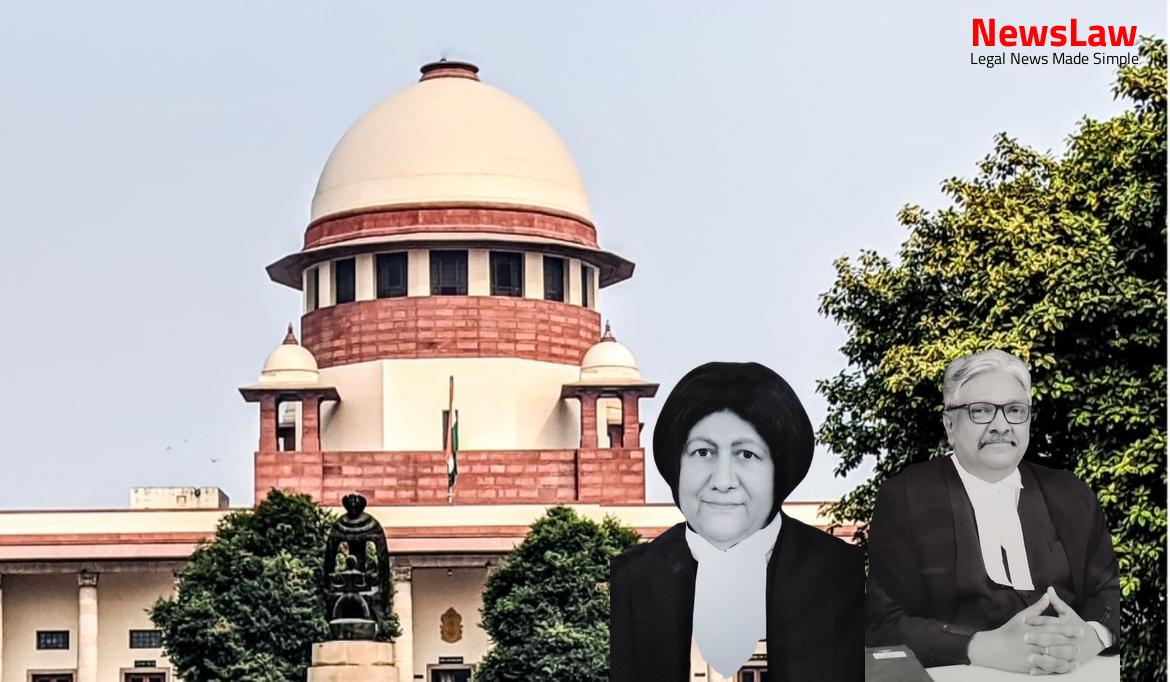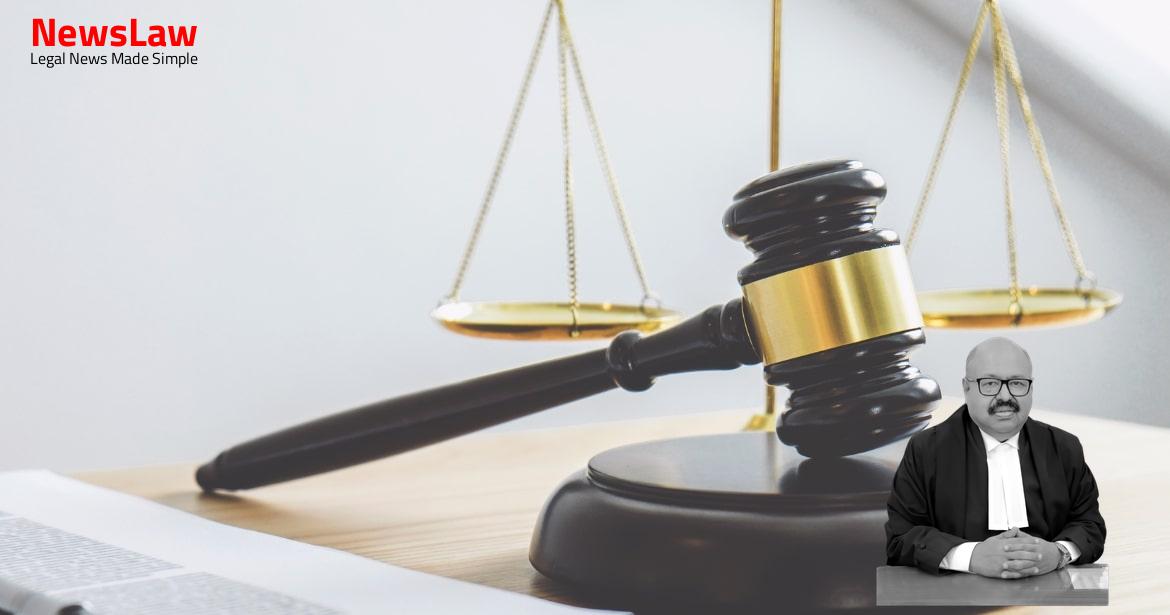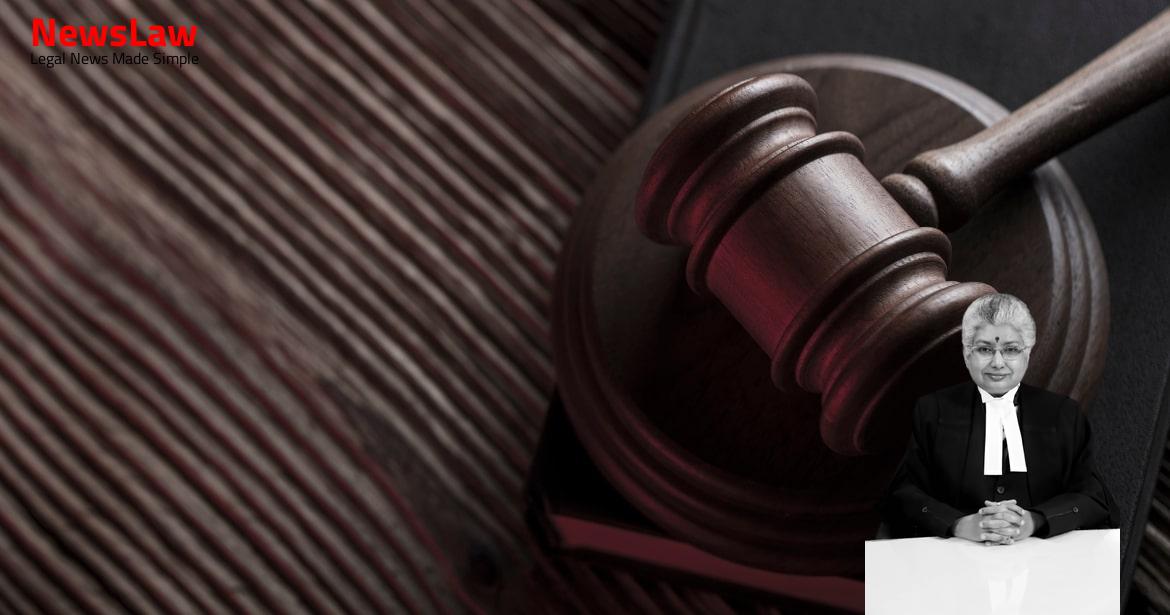In a recent landmark judgment by the Supreme Court of India, the case of Enexio vs. OPG and Gita Power addressed crucial issues related to limitation periods and public policy in arbitration. The case involved determining the validity of claims and counterclaims within specified timeframes. The Court’s ruling has significant implications for legal proceedings involving commercial contracts and arbitration disputes. Stay tuned to learn more about the details of this important legal case.
Facts
- Enexio raised claims for outstanding principal amount due under purchase orders and declared debit notes for liquidated damages and customs duty as unlawful.
- The arbitration tribunal found that declaratory relief sought by Enexio regarding debit notes for liquidated damages and customs duty was beyond the limitation period prescribed by the Limitation Act, 1963.
- However, Enexio’s claim for unpaid dues under the contract was found to be within the limitation period as negotiations were ongoing between the parties.
- The tribunal noted that meaningful negotiations were evidenced by a meeting held on 19 April 2018 and a written offer from OPG on 26 May 2018 for settlement.
- Hence, the tribunal concluded that the items claiming payment of money were not time-barred.
- The Division Bench of the High Court considered the minutes of the meeting dated 19 April 2018 and an email dated 26 May 2018 as an acknowledgment of the dues payable to Enexio, initiating a new period of limitation as per Section 18 of the 1963 Act.
- The arbitral tribunal’s decision was challenged through two applications under Section 34 of the 1996 Act by OPG and Gita Power.
- The Division Bench upheld the arbitral award, stating that the tribunal’s view was within reason and did not show any patent illegality.
- OPG and Gita Power filed appeals against the judgment of the Single Judge, claiming that the award was beyond the limitation period and there was unequal treatment of the parties regarding claim and counterclaim.
- The arbitral tribunal’s decision on the claim and counterclaim arising from the same contractual relationship was contested.
- The Single Judge observed a contradiction in the award’s handling of limitation periods and found discrepancies, ultimately setting aside the arbitral award.
Also Read: Acquittal of Charges in the Dowry Death Case of Jitendra Singh
Issue
- The core issue that falls for determination is whether the arbitral award is in conflict with the public policy of India or is vitiated by patent illegality.
- The significant fact is that the ACC unit could not be connected to the turbine generator flange until the turbine generator was in place.
- The parties are obligated to strictly adhere to the terms and conditions of the Order, without withholding, delaying, or deferring their obligations.
- The key sub-issues to be considered include whether Gita Power could have been subjected to arbitration jointly with OPG, if Enexio’s claim for outstanding principal amount is barred by limitation, and if the counterclaim for repair/replacement costs can be treated differently in terms of limitation timelines.
Also Read: Supreme Court Dismisses Special Leave Petition: Hyperhidrosis Case
Arguments
- Counterclaim and heads of claim were intertwined, a decision on one without the other would vitiate the entire award.
- Arbitral tribunal’s limitation starting point for the claim should also apply to the counterclaim.
- The claim filed on 2 May 2019 was beyond three years from the starting point of limitation, making it barred by limitation.
- The inherent contradiction in the arbitral award made it vulnerable to challenge under Section 34 of the 1996 Act.
- An acknowledgement of Rs.200 was acknowledged in the present case for the purpose of saving limitation.
- The acknowledgement could only be used in relation to the acknowledged sum and not any other sum that might be proven due on that date.
- In Kali Das Chaudhuri v. Drapaudi Sundari Dassi, the acknowledgment made by the solicitor of the defendant was considered for the extension of limitation.
- The acknowledgment in that case related to the employment details and liability of the defendant, Babu Hari Prasad Saha.
- The case clarified that claims and counterclaims must have separate limitations and counterclaims should stand on their own.
- An example in Oil and Natural Gas Corporation Ltd. v. Afcons Gunanusa JV was referenced to support the concept that counterclaims are separate actions.
- The counterclaim related to repair/replacement costs was rejected by the arbitral tribunal as barred by limitation due to lack of recital in the meeting minutes and its independence from the main claim.
Also Read: Jurisdiction and Extension of Time in Contract Rescission Case
Analysis
- Public policy is a concept not statutorily defined, used in statutes, rules, and common law.
- The Contract Act, 1872 states that contracts opposed to public policy are void.
- Chitty on Contracts classifies objects against public policy into five groups.
- In Gherulal Parakh v. Mahadeodas Maiya, the doctrine of public policy was summarized.
- The Specific Relief Act allows enforcement of contracts under specific conditions.
- The Amendment, 2015 introduced new provisions related to public policy in arbitration awards.
- The expressions ‘in contravention with the fundamental policy of Indian law’, ‘conflict with morality or justice’, and ‘patent illegality’ are defined.
- Prior to the Amendment, 2015, these expressions were not used in the relevant provisions.
- The interpretation of these expressions has evolved through judicial pronouncements.
- The 1996 Act was amended in 2015 to address the expanded interference with arbitral awards.
- The doctrine of public policy, as applied in private international law, is more limited than in domestic law
- Public policy is a concept concerning public good and public interest
- Enforcement of a foreign award can be refused if contrary to fundamental policy of Indian law, interests of India, justice, or morality
- Violation of municipal laws alone is not enough to deem an award against public policy
- An award can be deemed against justice only when it shocks the conscience of the court
- Perversity as a ground for setting aside an arbitral award relates to decisions that are irrational or perverse
- A decision based on documents taken without the parties’ knowledge is treated as a decision based on no evidence
- Mere negotiations do not postpone cause of action for the purpose of limitation
- A valid acknowledgment requires an admission of liability, intention to continue a relationship, and it must be in writing and signed by the party
- Illegality must go to the root of the matter for an award to be against public policy
- Limitation started to run from 21 September 2015 as found by the Tribunal.
- Even if limitation is counted from that date, it will have no material bearing on the award for the reason indicated below.
Decision
- The date of reckoning for the purposes of limitation is determined to be 31 March 2014.
- The limitation for the claim and counterclaims, excluding the cost of repair/replacement of gear boxes and fan modules, is extended based on an acknowledgment in the minutes of the meeting dated 19 April 2018.
- Counterclaims related to the cost of repair/replacement of gear boxes and fan modules are considered time-barred as there was no mention in the minutes of the meeting dated 19 April 2018.
- The rejection of the prayer to declare debit notes invalid due to limitation does not impact the claimant’s compensation claim, which falls within the extended period of limitation.
- The arbitral award is found to have no palpable error, being ‘patently illegal’ or ‘perverse’, and is not in conflict with the public policy of India.
- The date fixed by the contract for completing the obligations of supply of goods and erection of ACC unit is 31 March 2014.
- The decision of the arbitrators is final, and both parties agree to execute the said decision.
- The appeal is dismissed, and the Division Bench of the High Court is justified in setting aside the Single Judge’s judgment and order and reinstating the arbitral award.
Case Title: OPG POWER GENERATION PRIVATE LIMITED Vs. ENEXIO POWER COOLING SOLUTIONS INDIA PRIVATE LIMITED (2024 INSC 711)
Case Number: C.A. No.-003981-003982 – 2024



